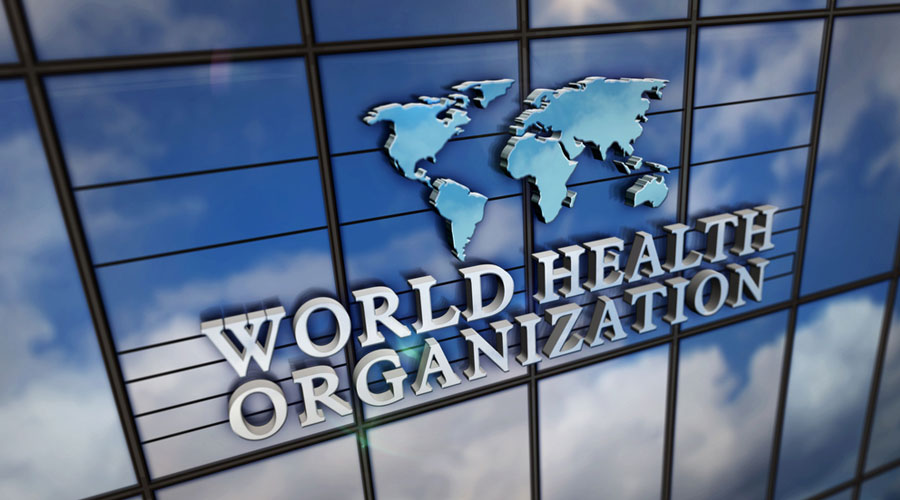India’s top drug regulator has accused the World Health Organisation of relying on a “premature deduction” to assert earlier this year that contaminated Indian-made cough syrups had caused child deaths in the Gambia.
Drugs Controller General of India V.G. Somani has complained to the WHO that the global health agency has not, despite multiple requests from India, provided any details to establish the “causality” — cause-effect relationship — between the cough syrups and the deaths.
The WHO had issued a global alert in early October linking the deaths of 66 children in the African country to four cough syrups made by the Haryana-based Maiden Pharmaceuticals.
The WHO had said that lab analyses of samples of the syrups had shown they contained unacceptable amounts of diethyelene glycol and ethylene glycol as contaminants.
These chemicals can cause acute kidney injury and death. The alert had triggered a probe into Maiden’s pharmaceutical facilities by the Central Drugs Standard Control Organisation (CDSCO), India’s drug regulatory authority, which found the company had violated multiple rules intended to ensure the integrity of the production process.
Indian authorities, responding to the WHO alert and the probe’s findings, asked Maiden to stop production and set up a technical panel to examine the evidence that purported to link the children’s deaths to the allegedly contaminated cough syrups.
India requested the WHO to provide details to establish the causality on October 10, October 15, October 20, and October 29. But no information has been provided yet to the CDSCO, Somani, who heads the CDSCO, said in a letter sent to the WHO on December 13.
Somani wrote that the Gambian authorities had said there was no causal relation between the deaths and the cough syrups and that some of the children who died had not taken the medicines.
He said that tests in a government lab on samples of the syrups, collected from the company, had not detected the toxic chemicals. Somani has asked whether the WHO made a “premature deduction” on the cause of the deaths.
“Every subsequent alert or publication from the WHO only seems to be a reaffirmation of this deduction without waiting for independent verification,” Somani said in the letter to Rogerio Gaspar, the WHO’s director of regulations. The WHO’s October alert “adversely impacted the image of India’s pharmaceutical products across the globe… as well as the (reputation) of the national regulatory framework over an assumption that has not yet been substantiated by the WHO or its partners on the ground”, he wrote.
Somani has questioned the WHO’s current position that its mandate is to identify global health risks while establishing causality is the responsibility of individual countries.
“This is a strangely contrary position to the one adopted earlier… where WHO had affirmed its commitment to provide granular details of the incident on the causal relation,” he wrote.
WHO officials were not immediately available to respond to the contents of Somani’s letter.











